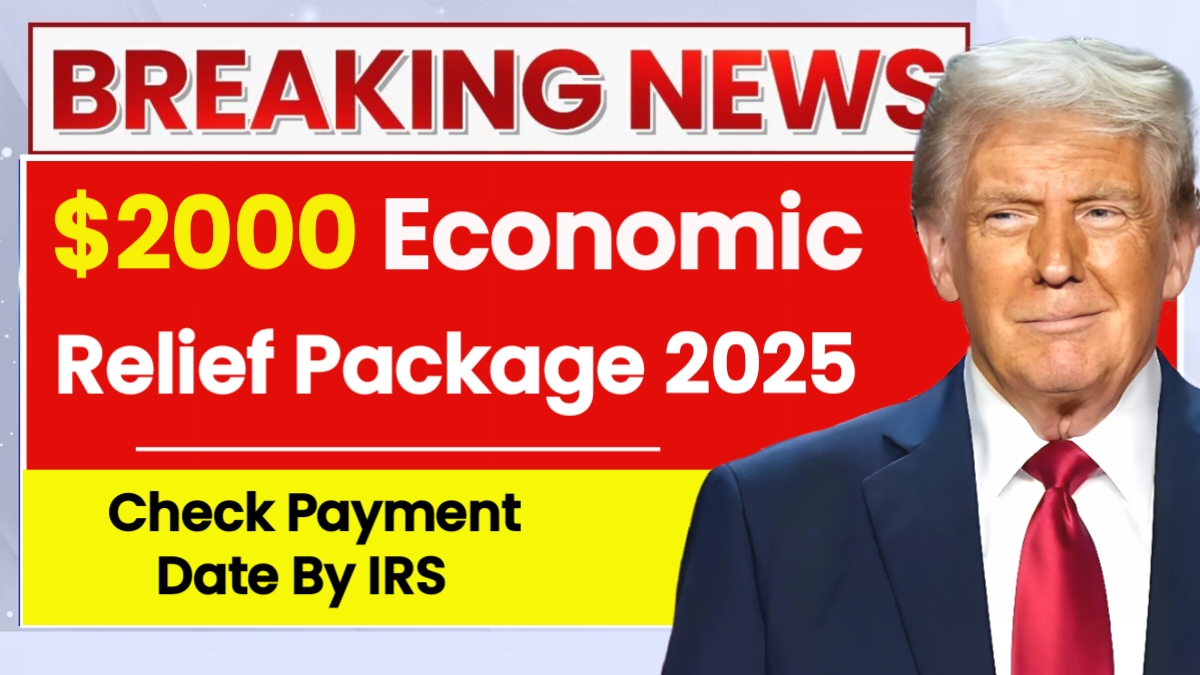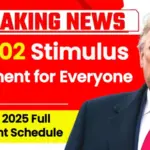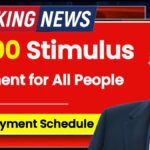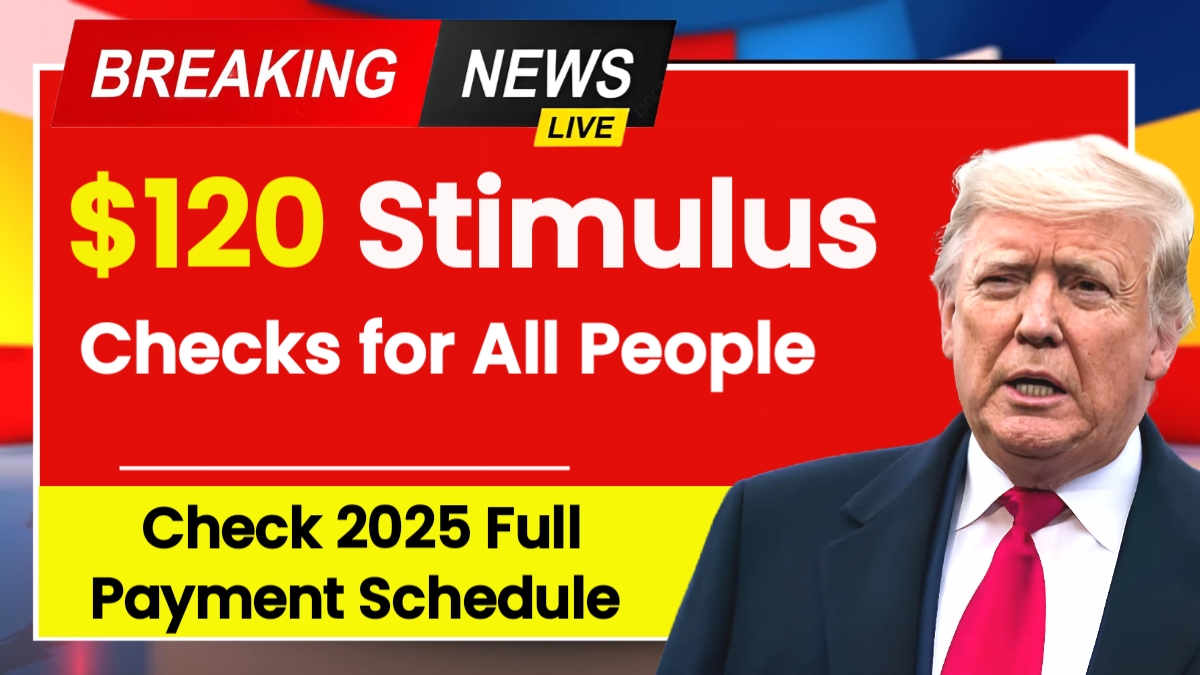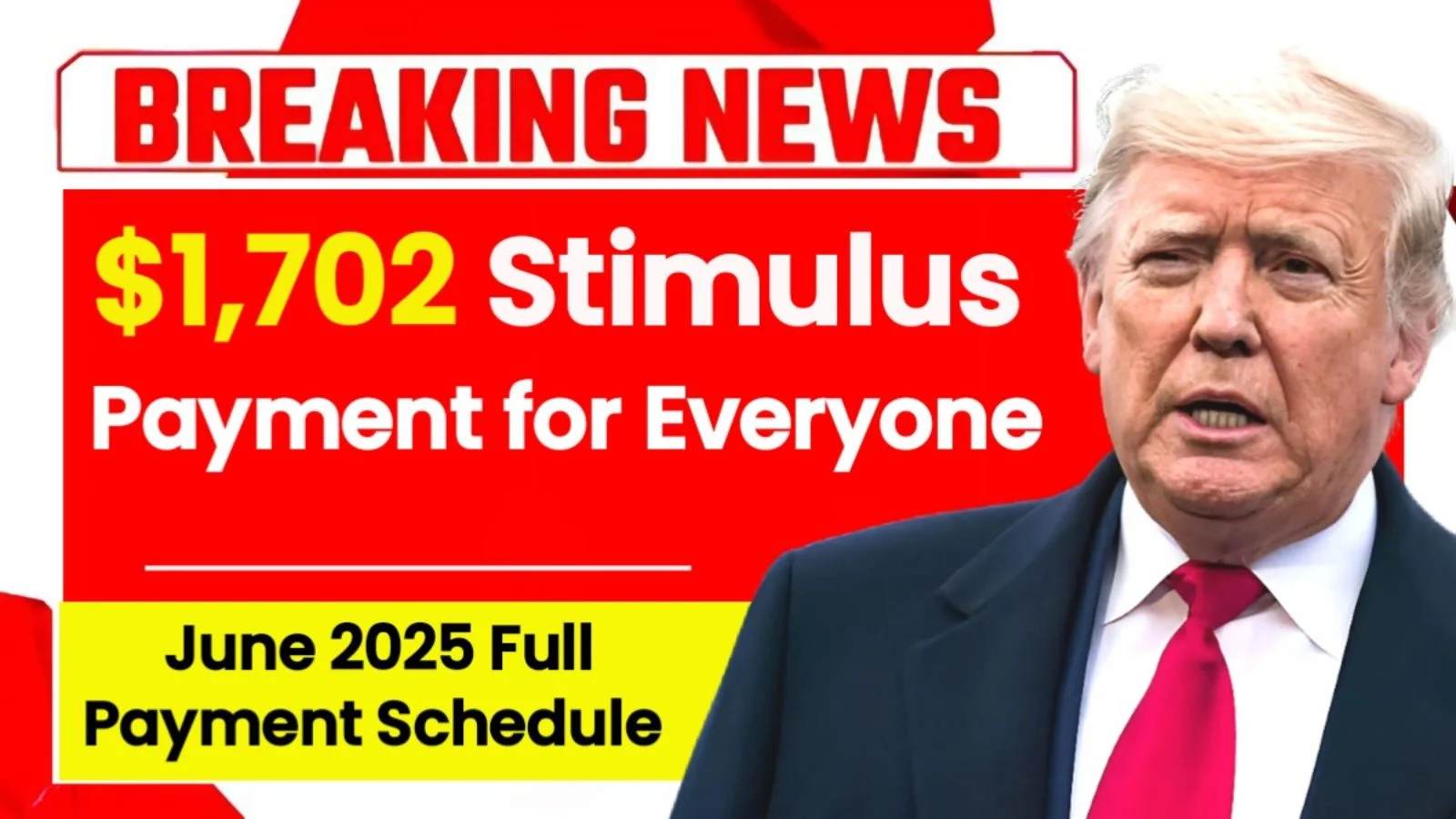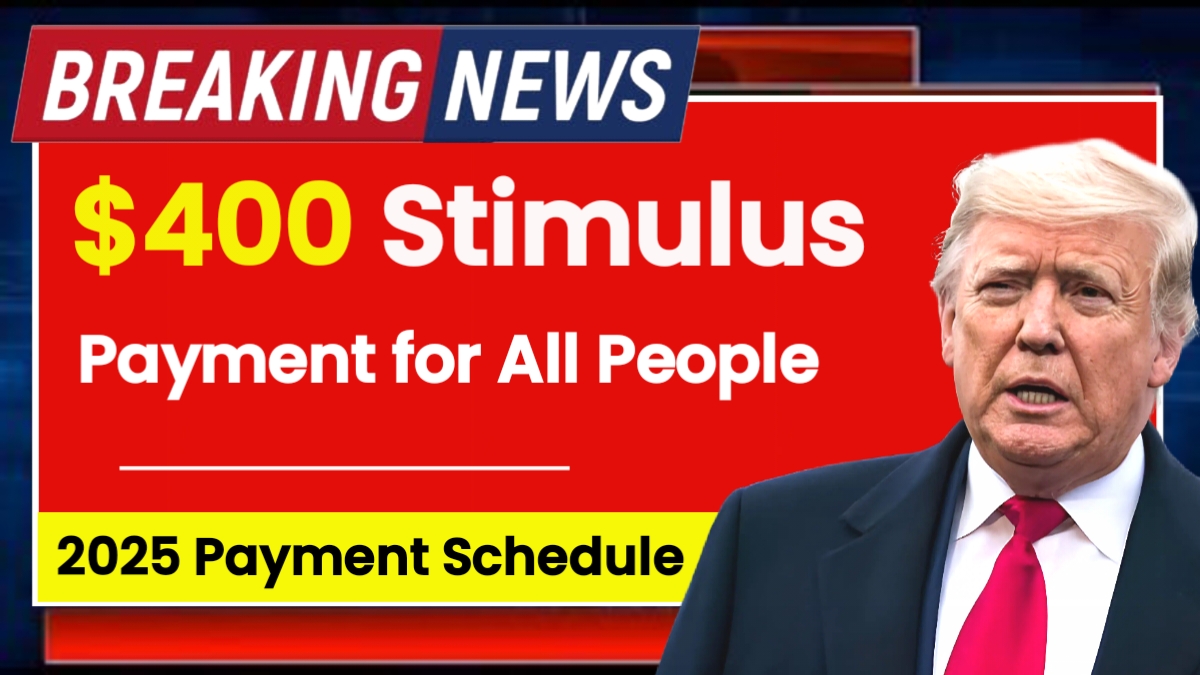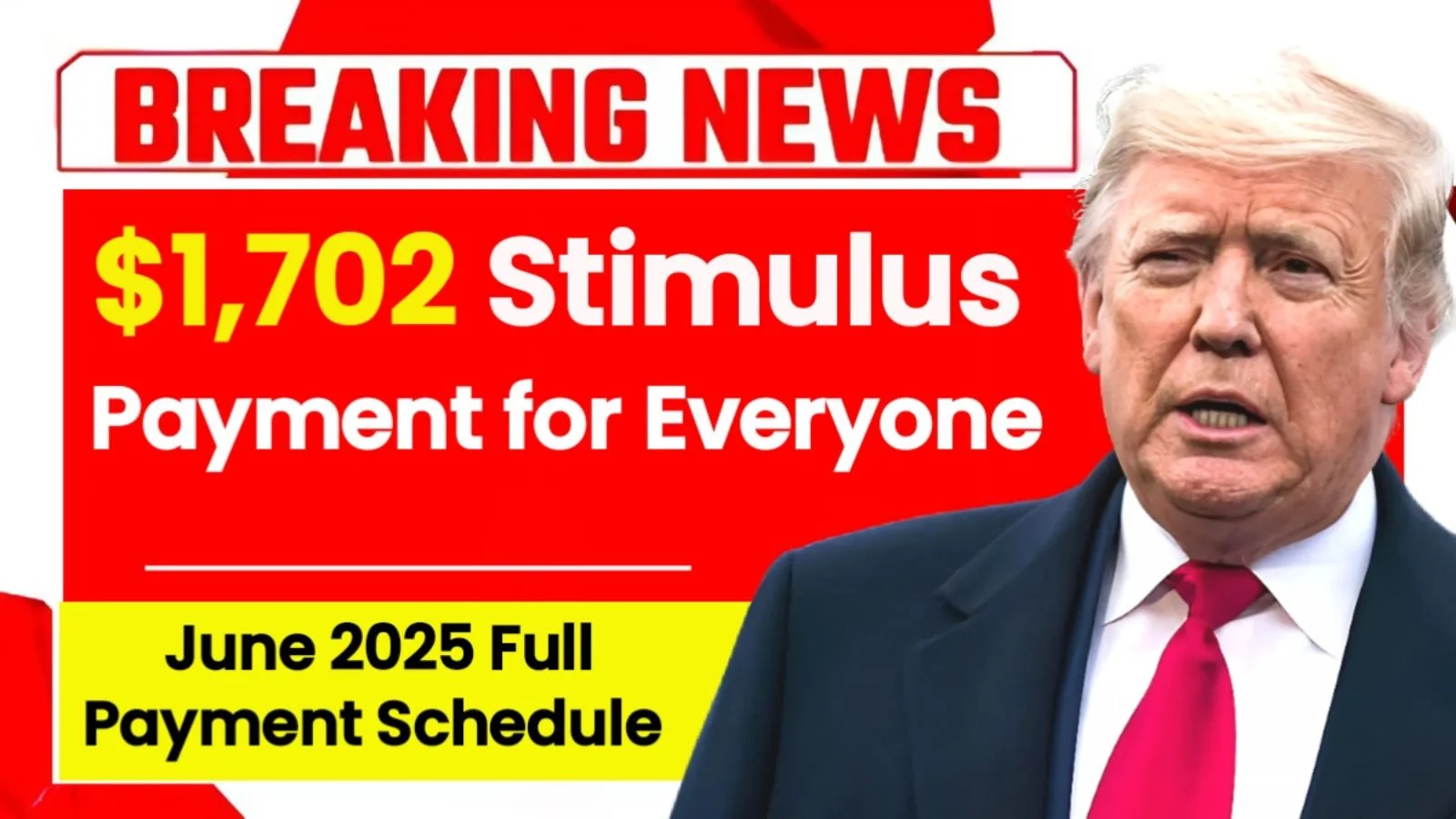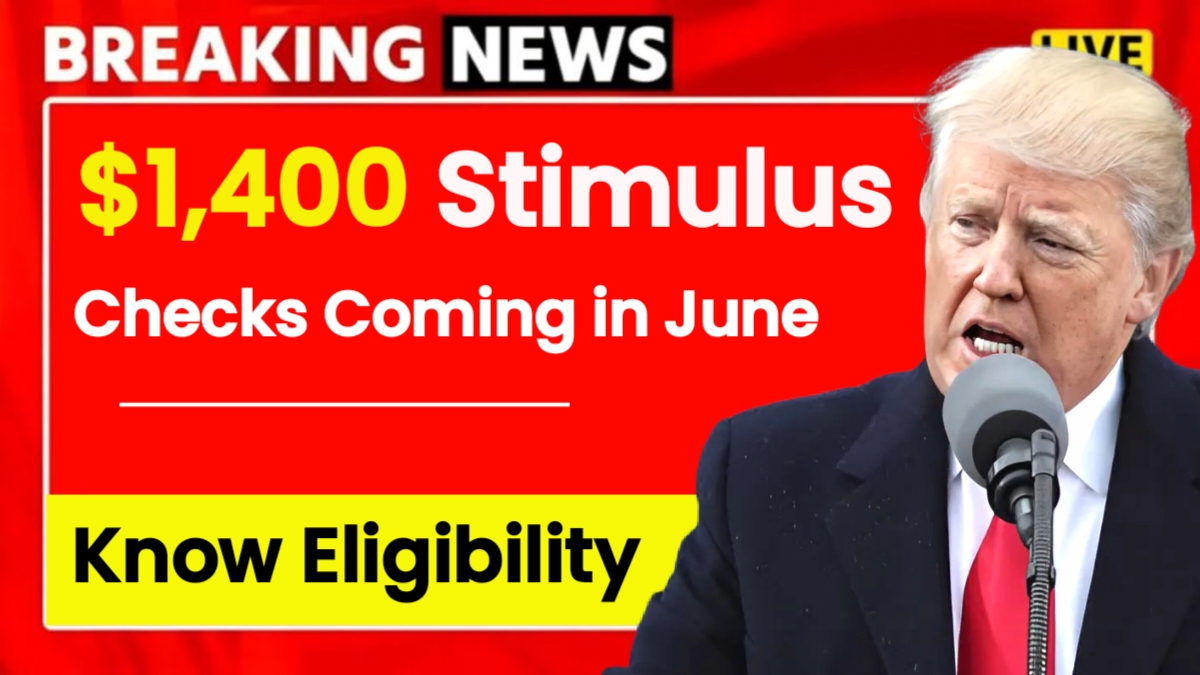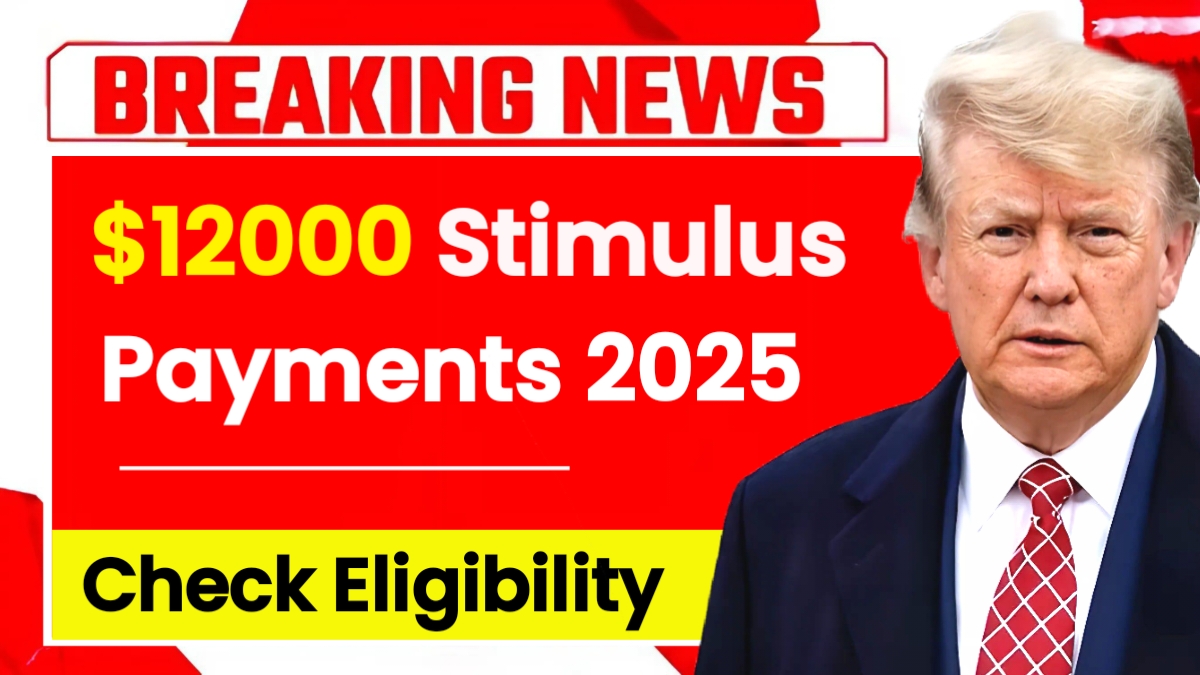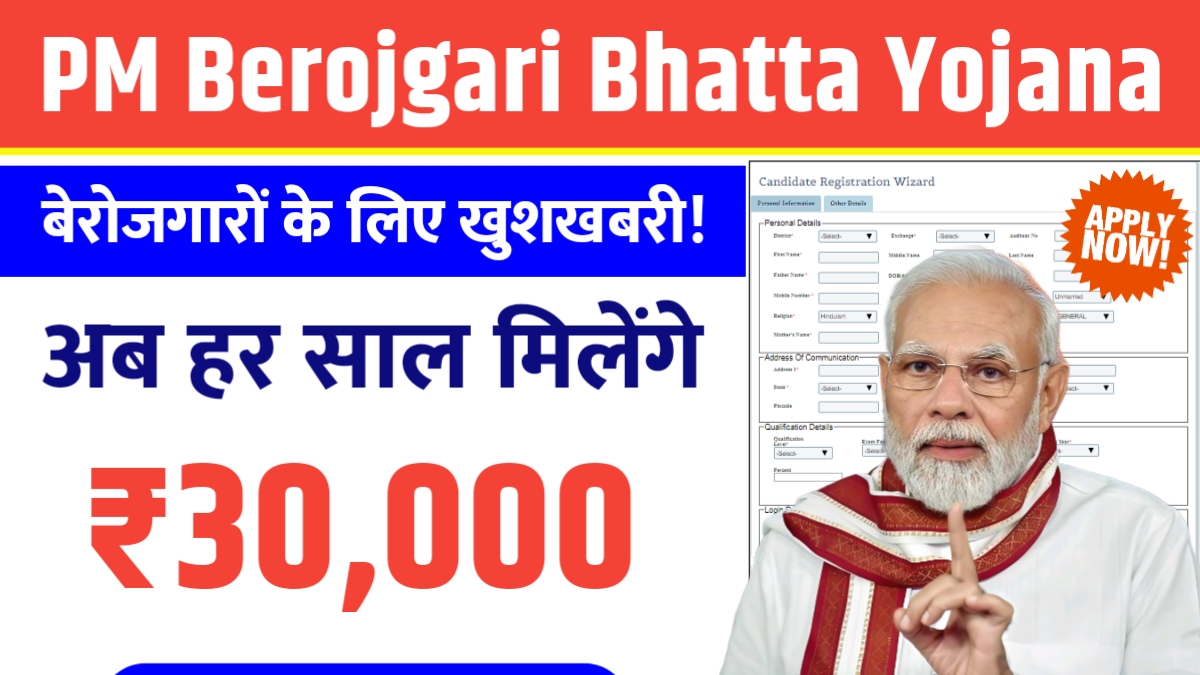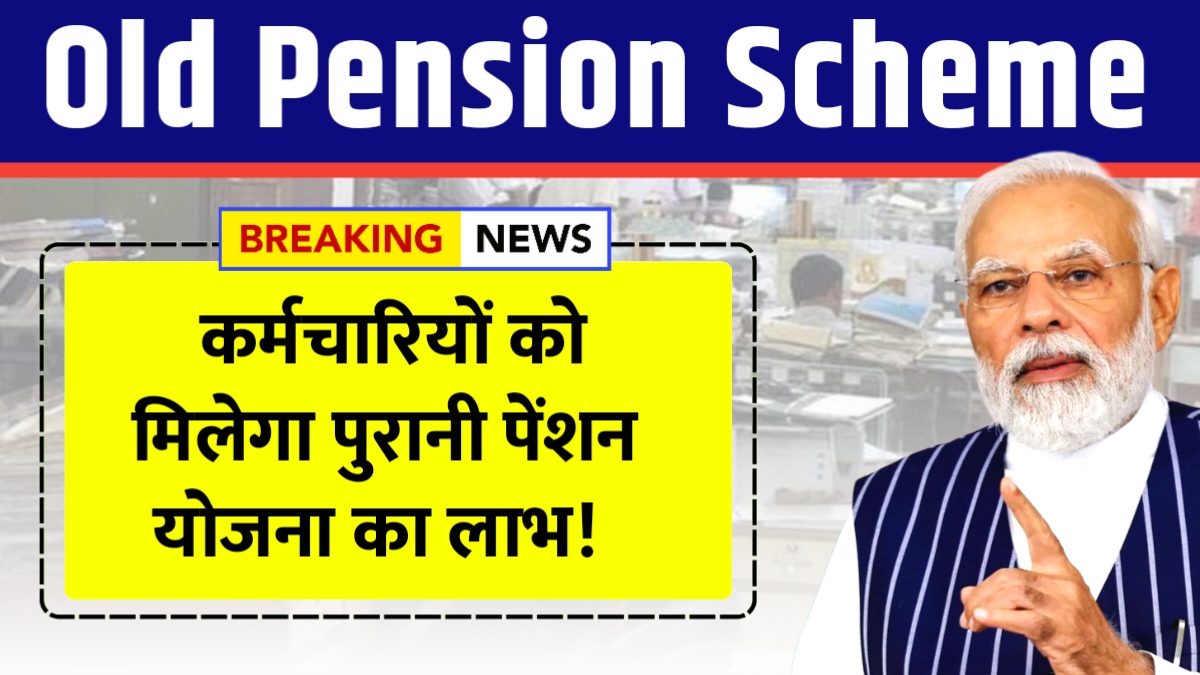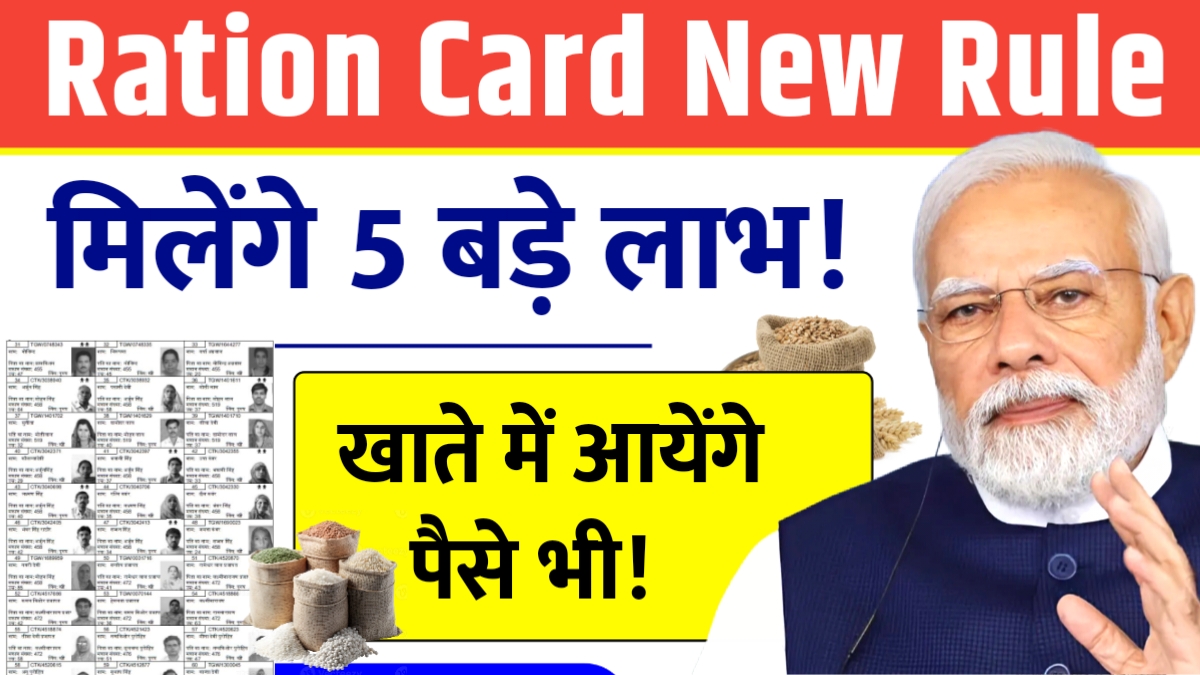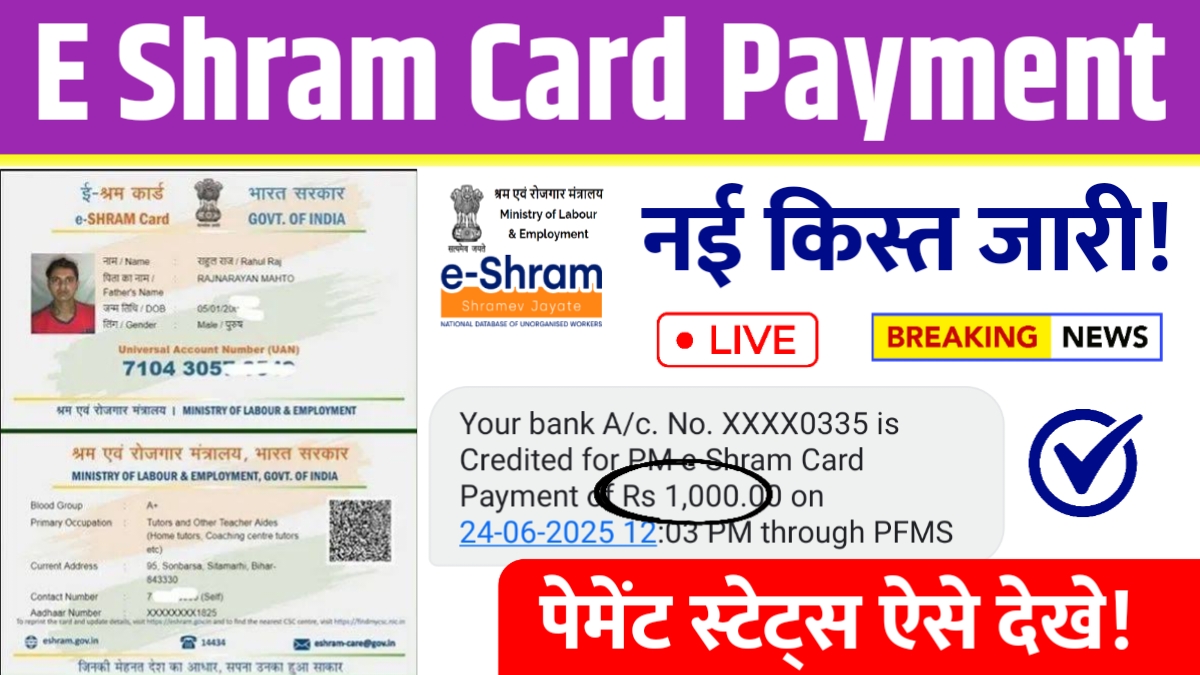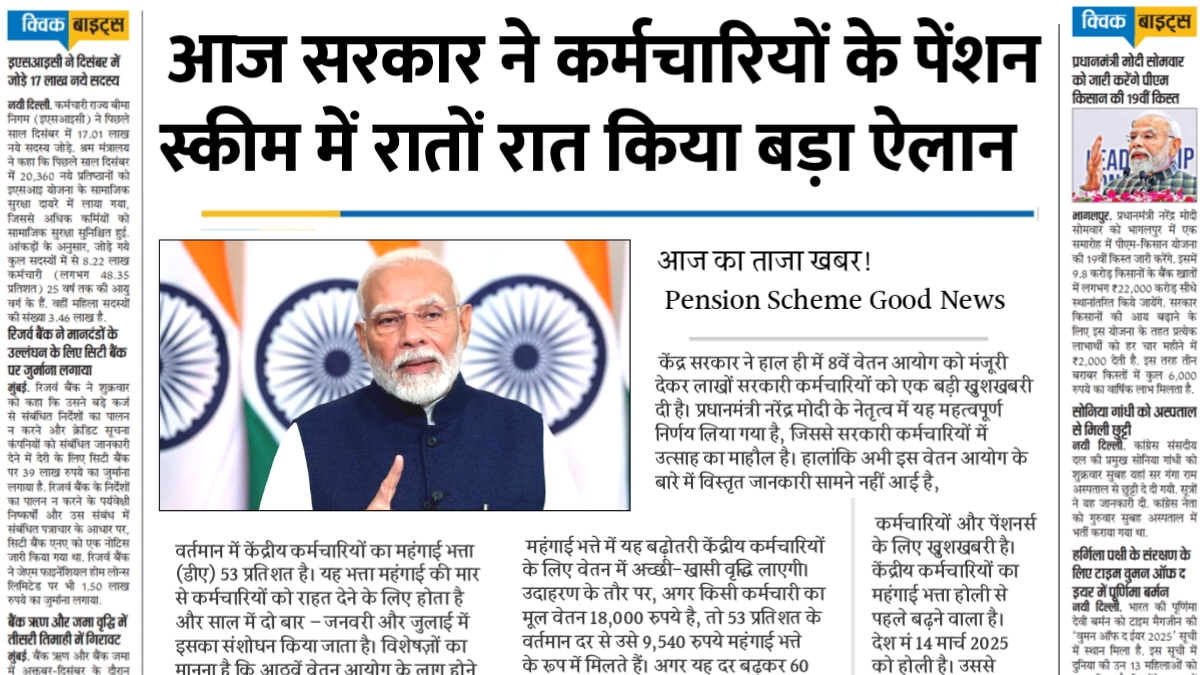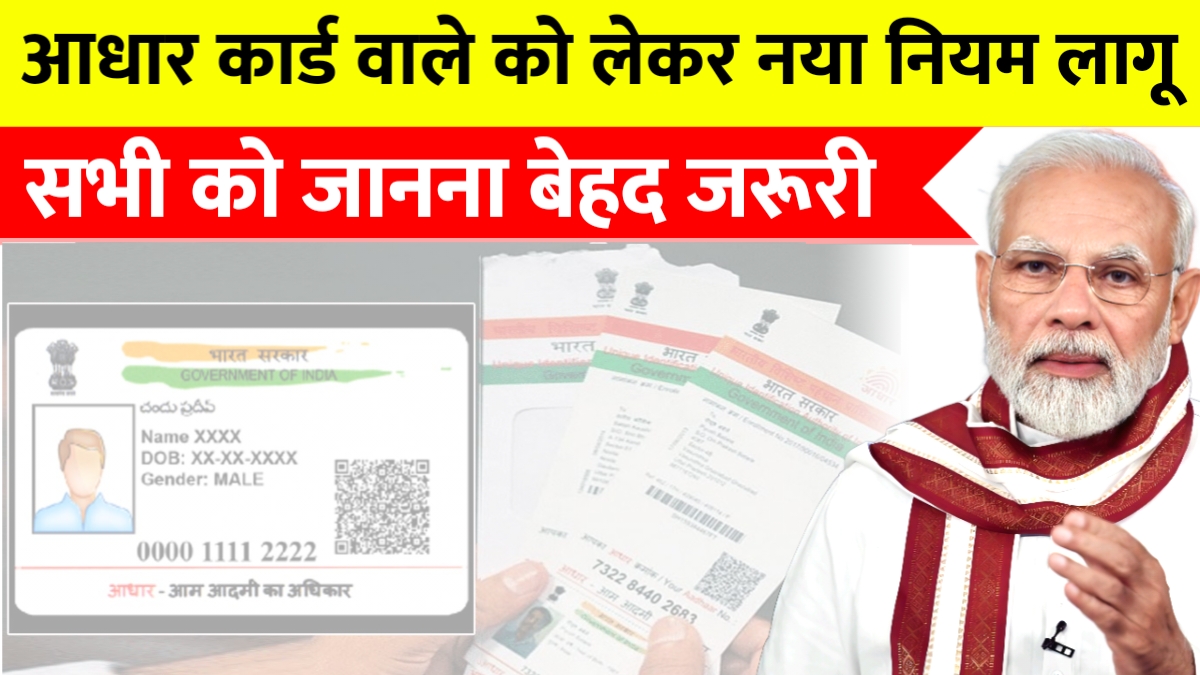$2000 Economic Relief Package 2025 Economic Relief Payments, commonly called stimulus payments, serve as emergency financial assistance from the government during times of national crisis. The Internal Revenue Service typically distributes these payments to help American families cope with unexpected hardships such as natural disasters, health emergencies, or severe economic downturns. These payments aim to provide immediate financial relief to those struggling with basic living expenses, especially when inflation makes everyday costs more difficult to manage. The government has historically used these payments as a tool to stabilize the economy and support citizens during challenging periods.
Current Status of the Proposed $2000 Payment
Recent discussions have circulated about a potential $2000 Economic Relief Package for 2025, generating considerable interest among low-income families and individuals facing financial difficulties. However, it is crucial to understand that no official government source or the IRS has confirmed this payment. The speculation appears to stem from public hopes for continued government assistance rather than any actual policy announcement. Citizens should be extremely cautious about relying on unverified information and should only trust official government communications regarding such payments.
Historical Context of Previous Stimulus Payments
The United States has issued stimulus payments on several occasions during major crises. The first significant stimulus payment occurred in 2008 during the financial crisis, where single individuals received up to $600, married couples got up to $1200, and families received an additional $300 per child. During the COVID-19 pandemic, the government issued two separate rounds of payments in 2020. The first round provided $1200 for adults and $500 for children, while the second round distributed $600 per person. These payments helped millions of Americans cover essential expenses like food, housing, and medical care during unprecedented economic uncertainty.
Potential Eligibility Requirements if Payment Were Approved
If such a payment were to be officially announced, it would likely follow similar eligibility patterns established by previous stimulus programs. Typically, these payments target American citizens and legal residents who file tax returns regularly. Income thresholds usually determine eligibility, with single taxpayers earning under $75,000 annually and married couples filing jointly with incomes under $150,000 being most likely to qualify. Senior citizens, retired individuals, and low to middle-income households often receive priority consideration for these payments. However, since no official program exists, these criteria remain purely speculative.
How Economic Relief Payments Help Communities
When implemented, stimulus payments serve multiple important functions beyond individual financial relief. They help stabilize local economies by increasing consumer spending on essential goods and services. Families use these funds to pay rent, buy groceries, cover medical expenses, and maintain their basic standard of living during difficult times. The payments also reduce the burden on other social safety net programs by providing direct cash assistance. Small businesses often benefit indirectly as recipients spend their payments on goods and services, creating a ripple effect throughout communities.
Staying Informed About Official Government Announcements
Given the amount of misinformation circulating about potential stimulus payments, citizens must rely on official sources for accurate information. The IRS website at irs.gov provides the most reliable updates about any actual economic relief programs. Other trusted sources include official government websites ending in .gov and established news organizations with strong fact-checking standards. Financial advisors and government benefits specialists can also provide guidance and help individuals understand their options for legitimate assistance programs that currently exist.
Citizens should be particularly wary of social media posts, unofficial websites, or any communications requesting personal information in exchange for stimulus payment details. Scammers often exploit public interest in these payments to commit fraud. Always verify information through multiple official sources before making any financial decisions based on potential government assistance programs.
Disclaimer: This article is for informational purposes only and does not constitute financial advice. No $2000 Economic Relief Package has been officially confirmed by the IRS or any government agency as of the publication date. Readers should consult official government sources and qualified financial advisors for current information about available assistance programs.
